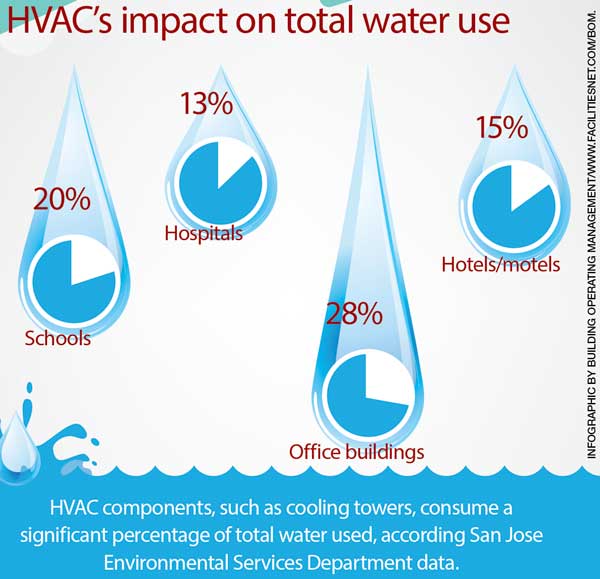Checking Out The Environmental Benefits Of Warmth Pumps - A Sustainable Home Heating Solution
Checking Out The Environmental Benefits Of Warmth Pumps - A Sustainable Home Heating Solution
Blog Article
Content By-Glass Otto
In an age where sustainability and energy performance are critical, many organizations look for environmentally friendly heating options. One such option is the heat pump.
A heat pump extracts the heat in its environments and pumps it into your home, resulting in one of the most reliable environment-friendly central furnace around. This procedure also generates no greenhouse gas discharges, making it an extremely lasting innovation.
Energy Performance
Heatpump are very energy efficient and require little maintenance. They use much less electrical energy than various other heating unit and are by far the most eco-friendly. They function well with rooftop solar and can usually pay for themselves in energy savings alone.
They can likewise supply cooling, which is great for garage workshops, attic hangouts and perk spaces, and home enhancements without expanding the existing ductwork. They can even be made use of for retrofits in existing homes with hydronic (water-based) distribution systems such as reduced temperature level radiators or radiant floorings.
Seek versions with SEER and HSPF ratings that satisfy or go beyond copyright's minimum requirements, in addition to the requirements in your area. Higher ratings indicate higher performance, which saves you money in the future and minimizes your carbon impact. heat pump installation cost wellington could also qualify for refunds and incentives! The best devices are those with a ground heat exchanger for included effectiveness. These units can soak up thermal power from the ground throughout the wintertime and essence it in the summer season.
Decreased Greenhouse Gas Emissions
Heat pumps run on electricity and essentially transfer warm from the air, also when it's cold outside. They have the ability to draw out the cost-free warmth caught in air fragments and relocate them indoors, decreasing moisture while doing so.
Compared to gas heaters, modern heatpump use less than one kilowatt of electricity per kilowatt of home heating power they create. This makes them one of the most energy effective heating option readily available with a COP (Coefficient of Efficiency) of 4 or even more. By slashing the requirement for fossil fuels, heat pumps help reduce greenhouse gas emissions and cut various other significant air toxins.
Structure decarbonization is a global imperative, and the HVAC field is a vital driver of that procedure. Whether it's real estate investors making web zero dedications, plan manufacturers establishing discharges restrictions, or occupants demanding greener spaces, electrical heatpump are being recognized as a necessary option. They are an economical means to lower carbon exhausts by eliminating the requirement for fossil fuels in structures.
Versatility
Heat pumps can be utilized in lots of sorts of homes and structures-- with or without air ducts. They work with hot-water radiators, air-conditioning and programmable thermostats. They can replace heating systems or be installed in brand-new residences. They can run on solar panels, geothermal systems or perhaps district heating resources like wastewater.
They're terrific at delivering even more heat per energy device. For instance, an air-source heat pump produces approximately three or more heating units from each electrical power system it takes in.
Obtaining one of the most from your heat pump will depend upon your climate zone and quality of insulation. Search for designs with ENERGY STAR ratings and contrast their SEER or HSPF specs. In warmer environments, focus on SEER; in chillier areas, take into consideration a system with a higher HSPF rating. Furthermore, buy air sealing and insulation to decrease the load on your heatpump. That will certainly boost energy performance and assist you reach your Web Zero goals quicker.
Biomass Boilers
Biomass central heating boilers use wood pellets, chips or logs to develop warm and hot water. They are a great selection for off-grid buildings or those who wish to leave the gas grid.
As https://docs.google.com/spreadsheets/d/1M4QoRQBniATnnSlfIthVFhYczUgYJf4lKxw942n_dzQ/edit?gid=1074771488#gid=1074771488 heating system, biomass can give enough power to maintain your home cozy all year round without the common warmth drop off of other renewable modern technologies. They can additionally be made use of together with photovoltaic panels to maximise savings and gain from RHI payments.
A disadvantage of these systems is the upfront cost and normal fuel distributions. Commonly, pellets will certainly need to be blown into a gas shop using a vacuum cleaner system or they can be by hand fed right into the boiler through a hopper. Recommended Website are usually self-sourced from neighboring forest or purchased in bulk. As well as this, they require hand-operated loading and might require cleansing on a regular basis.